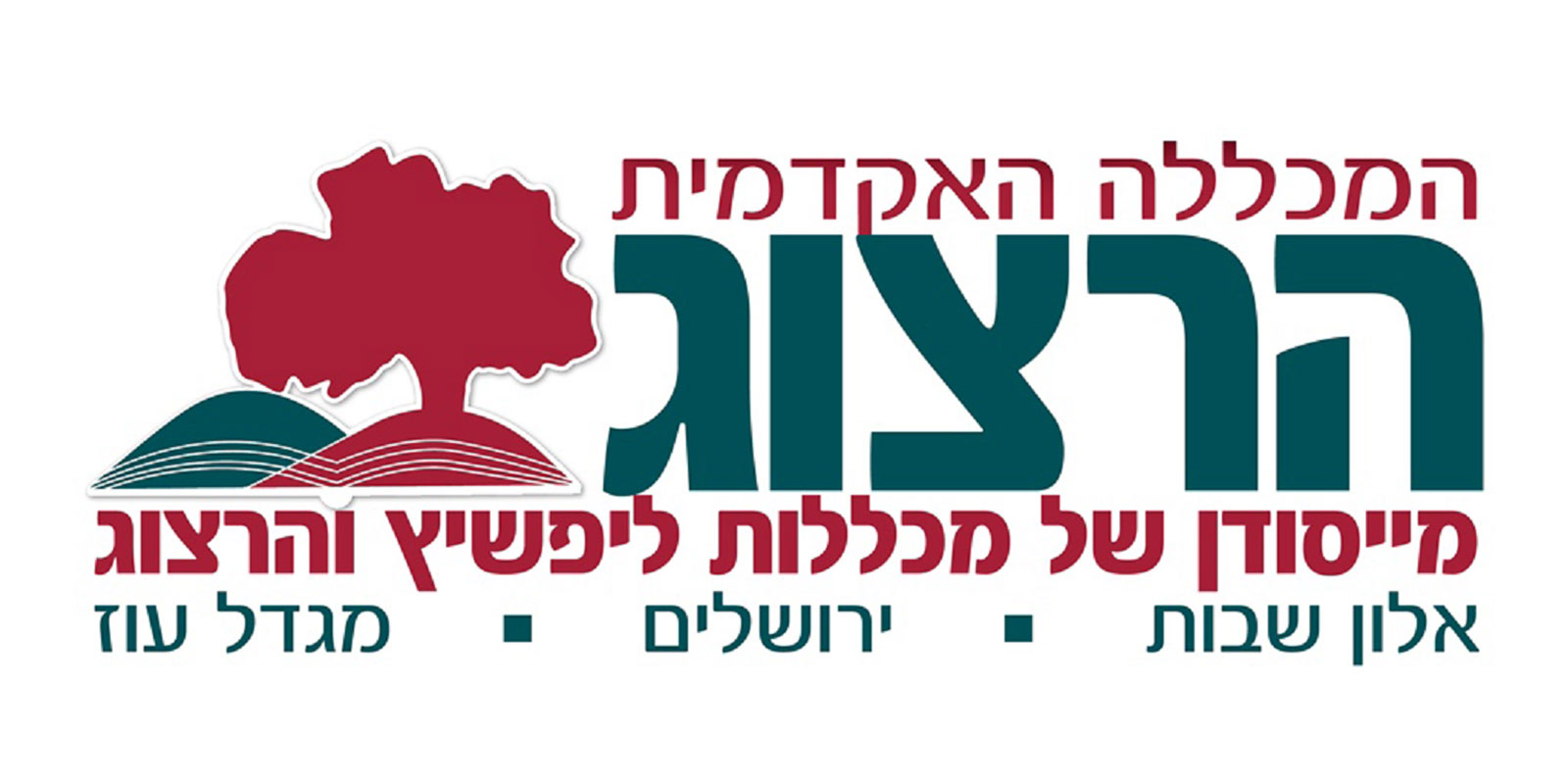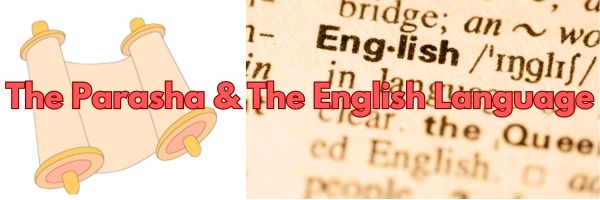Parashat Vayishlach recounts the dramatic reunion of Jacov and his brother Esav, the story of Jacov's wrestling with an angel, and several other intense episodes, including the account of the death of Rachel, Jacov's beloved wife (35:19). Jacov buries her in Bet Lechem.
Bet Lechem, which means “House of Bread” in Hebrew, became "Bethlehem" in English. This is the first time this city is mentioned in the Torah, marking the beginning of Bethlehem's significant role in history as the future birthplace of King David and, later in Christian tradition, of Jesus. Due to its importance in Christian tradition, many places and institutions all over the globe were named after this city, such as the Hospital of St. Mary of Bethlehem in London, founded in the 13th century.
This institution became one of the first and most infamous mental asylums in Europe. Over time, the asylum's reputation for noise, confusion, and tumultuous scenes of insanity grew so notorious that "Bethlehem" was colloquially shortened to "Bedlam," a term that today signifies chaos, madness, and disorder. Thus, the English word "bedlam" has its origins in Bethlehem, or Bet Lechem.
It's interesting to see how the quiet and pastoral image of Bethlehem in the Torah—where Rachel is laid to rest in the peaceful "House of Bread"—sharply contrasts with the later associations of "Bedlam" as a place of noise, disorder, and madness.




